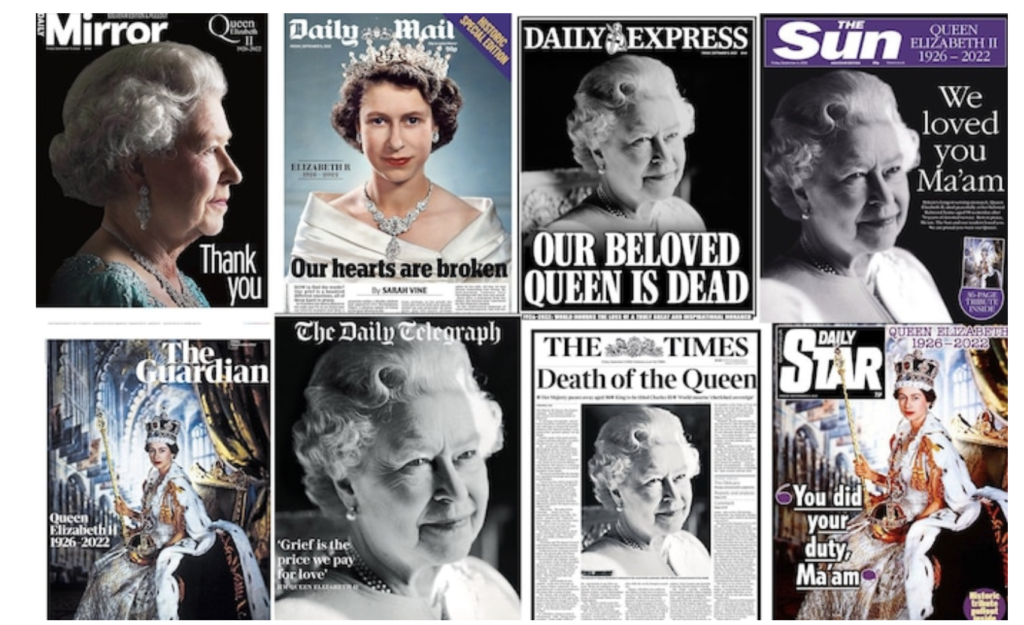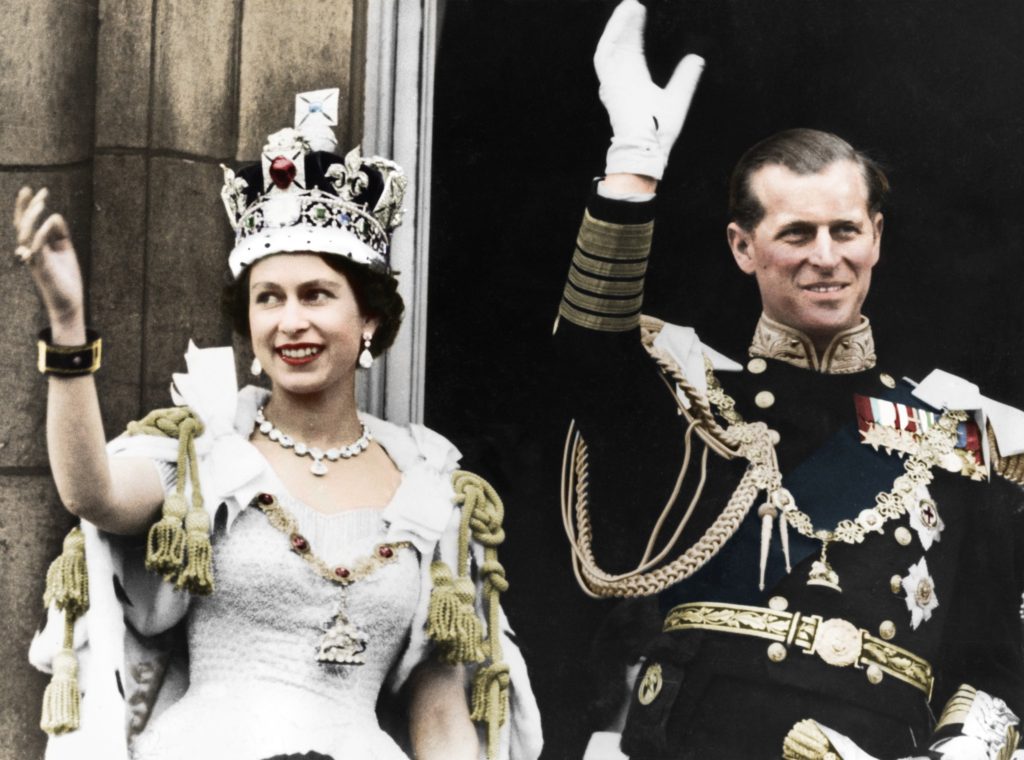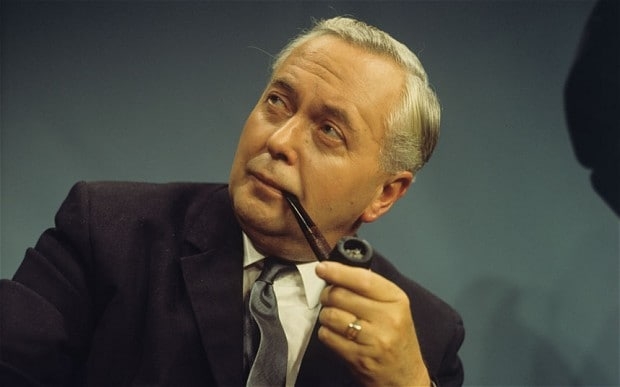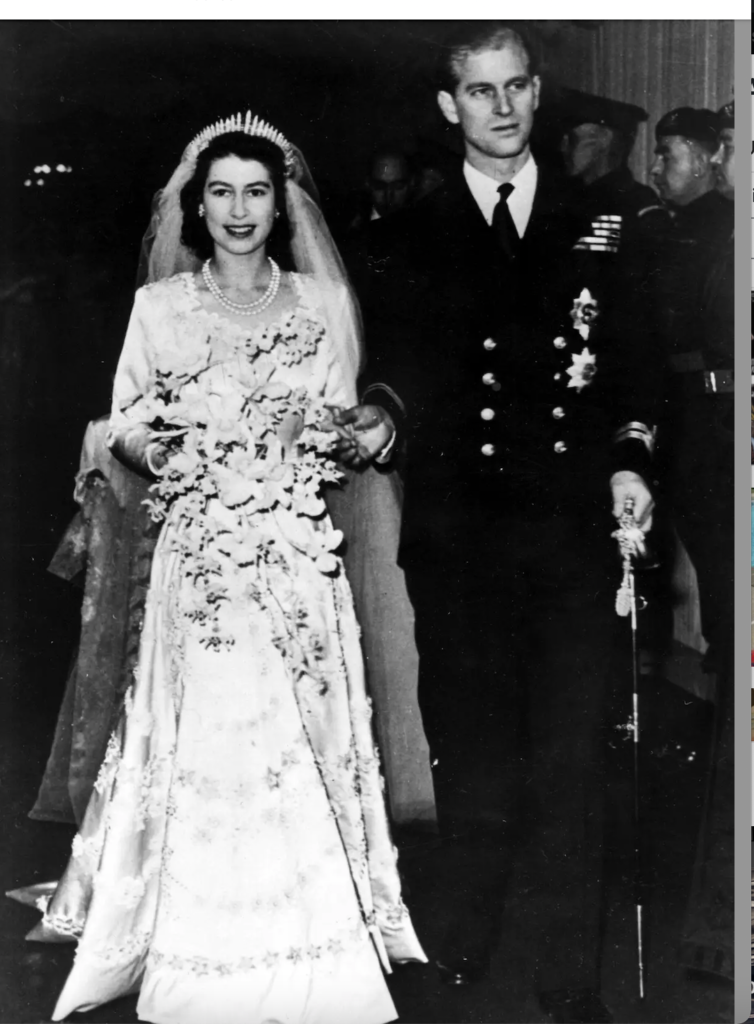At the very moment the Queen of England was drawing her last breaths, I was on the phone with a former editor, one of my dearest British friends in London. We were talking about Liz Truss, the new Prime Minister.
“But are you keeping up with the bigger story here?” he asked me. We are news junkies, he and I, but for the moment I was flummoxed. “What story?”
“The Queen,” he said. “All the children, Charles and Andrew and Anne and William and even Harry are gathering at her bedside in Balmoral.”
“Oh, yeah, that,” I said. “doesn’t sound good, does it.”
We had a chuckle over what he called the “the understatement of the day,” and then returned to the subject of Liz Truss. “Is it a coincidence that two days after meeting Liz Truss, the Queen has taken to her bed?” I asked.
Queen Dead

Less than 20 minutes later, just minutes after we hung up on each other, he texted: “Queen dead.”
I am not a monarchist. When I’ve given the British monarchy any thought at all, it’s to reflect that the Crown is an anachronism, a throwback, a drain on the country’s coffers — and a symbol of the sometimes brutal colonialism inflicted on countries where England’s greedy tentacles reached. The latter has reverberated particularly badly onto the younger royals in their recent tours abroad; And, yet, I have to admit as I relayed the day’s news to my very American-born husband I felt a lump in my throat and yes…okay.. a tear rolled down my cheek.
Why?
Because, for so long as I was a true Brit, the Queen was always there; part of the background; part of the tapestry (good or bad) of what it meant to be British. I was at her Coronation. Or so my father told me about carrying me on his shoulders in the crowds outside Buckingham Palace in June 1953.
I went to elementary school when we still had a half-day off for Empire Day. As a reporter on the London Evening News, I attended one of her garden parties in Buckingham Palace (outside only; no meandering inside the actual Palace, thank you very much) Till the year I left the UK for New York, I was still sitting down to hear her Christmas Day speech every year.

After I settled in New York and became the news editor on Star Magazine, we were consumed with the weddings and the antics of the younger royals: Charles and Diana & Camilla; Andrew and Koo Stark (an actress known back then for her roles in erotic movies,) Fergie and her toe-sucking boyfriend. OMG! the stories were such glorious fodder for the tabloids. Long live the British Royal Family, we said.
Throughout it all, the Queen maintained a dignity rarely seen in lesser mothers and mothers-in-law. She even ended her Christmas Day speech one year by describing the year as an annus horribilis — since obviously no polite Anglo-Saxon word quite conveyed the collective effect of the scandals her family had brought to her door. You had to hand it to her!!!
At university, majoring in political science, I learned that, in fact, she had slightly more power than most people thought she had. It was said that she could convey to her prime ministers certain paths and policies she reckoned were beneficial for the country; that her opinions and wishes carried more weight than if she were a mere figurehead.

It’s hard to tell because for the most part, Queen Elizabeth II of England, refrained from making sweeping statements of any kind. She met and appointed 15 prime ministers during her reign without ever commenting publicly on the asinine antics of Boris Johnson — or the (surely) ponderous briefings of a Harold MacMillan or Edward Heath.
It’s been said that she enjoyed the company of Harold Wilson, leader of the Labor Party and PM twice from 1964-1970 and 1974-1976. And, I can believe that. Pipe-smoking Wilson (it’s reported that he was allowed to smoke the pipe in her presence) with his northern accent and jovial demeanor must have been a welcome respite from the glum (Tory) duo who came before him.
Working Woman
What she did: was to do her job, fulfill her duty as the figurehead of a once great nation. Can we criticize what the nation did to subjugate the peoples of the British Empire? Yes, we can, and we should.
But for almost the entirety of my life, she was always there. Steady and steadfast. Working away. 24/7/365. Visiting hospitals, senior centers, schools and scenes of disasters like Aberfan; opening Parliament and laying wreaths at the Cenotaph on Remembrance Sunday. Traveling all over the U.K. to meet her subjects, and all over the world to meet other heads of state and the subjects of the Commonwealth; Taping skits with James Bond (Daniel Craig) and Paddington Bear… Always smiling. Never being allowed to have a ‘Karen’ moment! At least, not in public.
Honestly, aside from meeting Daniel Craig, who would actually relish a life like that?
She was a woman with private wealth beyond most of our imaginings, but a woman who experienced — to some degree — the same family disappointments of wives, mothers and grandmothers the world over.

Her own marriage lasted for 73 years. When Prince Philip died last year she said : “Grief is the price you pay for love,” using a popular quote but not one of her own making. According to at least one person in the know, Philip deferred to her in public, but was always the boss at home. Apparently, Her Majesty liked it that way.
And, then, we might also reflect on issues like : Is a monarchy better than a republic? Could a Jan 6-type insurrection take place in the UK? Could a monarch like Elizabeth II have dealt better with Donald Trump than Congress and the Justice Department has so far? How do we think #45 would have felt dealing with the one person he couldn’t tell: You’re fired?
Just asking????
My wife is a passionate Anglophile, and has been mourning the death of the queen.
She and I disagree about the relevance and value of the monarchy. I feel, as do you, that it is an overly-expensive anachronism that has outlived its purpose (whatever that purpose may have been).
But she framed her fondness for the monarchy in a way that gave me pause. “In a time of such divisiveness and outright hatred between political parties, is there anything wrong with having someone to respect and to look up to?” I suppose there is some truth to this sentiment.
And so, we will respect a period of mourning, during which Kate is forcing me to re-watch all four seasons of The Crown. While wearing a kilt.
I think your wife may have a point. I heard from a fellow Brit the other day who said: who would you rather have? An elected head of state who is hated by 50 per cent of the population, or a little old lady who is loved by the majority of her subjects. Also, Doug when you’re wearing the kilt for The Crown re-runs, don’t forget the sporran and the bagpipes — and please send pix!
I shared your reaction, Joanna. I am not a big fan of monarchy, for the reasons you give but also because we need a head of state that will keep an eye on the executive. I was especially worried when the Johnson government prorogued Parliament in 2019; she did not stop it, perhaps feeling that doing so would politicise her role too much, and at that point I finally flipped over to wanting a republic. We need a non-executive president on the German model who canensure that PMs don’t do this stuff.
But at the same time I was also sad. I’ve had no other head of state in my lifetime, and I’m retirement age. Seventy years is one hell of a long time to do a job like that and mostly without making mistakes. She really must have wanted to pack it in sometimes and go to the races.
Someone quoted an amazing stat about her reign: Her first prime minister was born in 1874; her last, in 1975 – 101 years later.
That is an amazing stat which I also heard. I also think there’ll be more said about the value of a monarchy now that Charles is King. The trouble is we know a lot of his opinions and thoughts on various subjects and I’m not sure he’s going to be able to restrain his opinions now. I also believe much more is going to be heard about colonialism and the ugly face of the empire now that the Queen is gone.